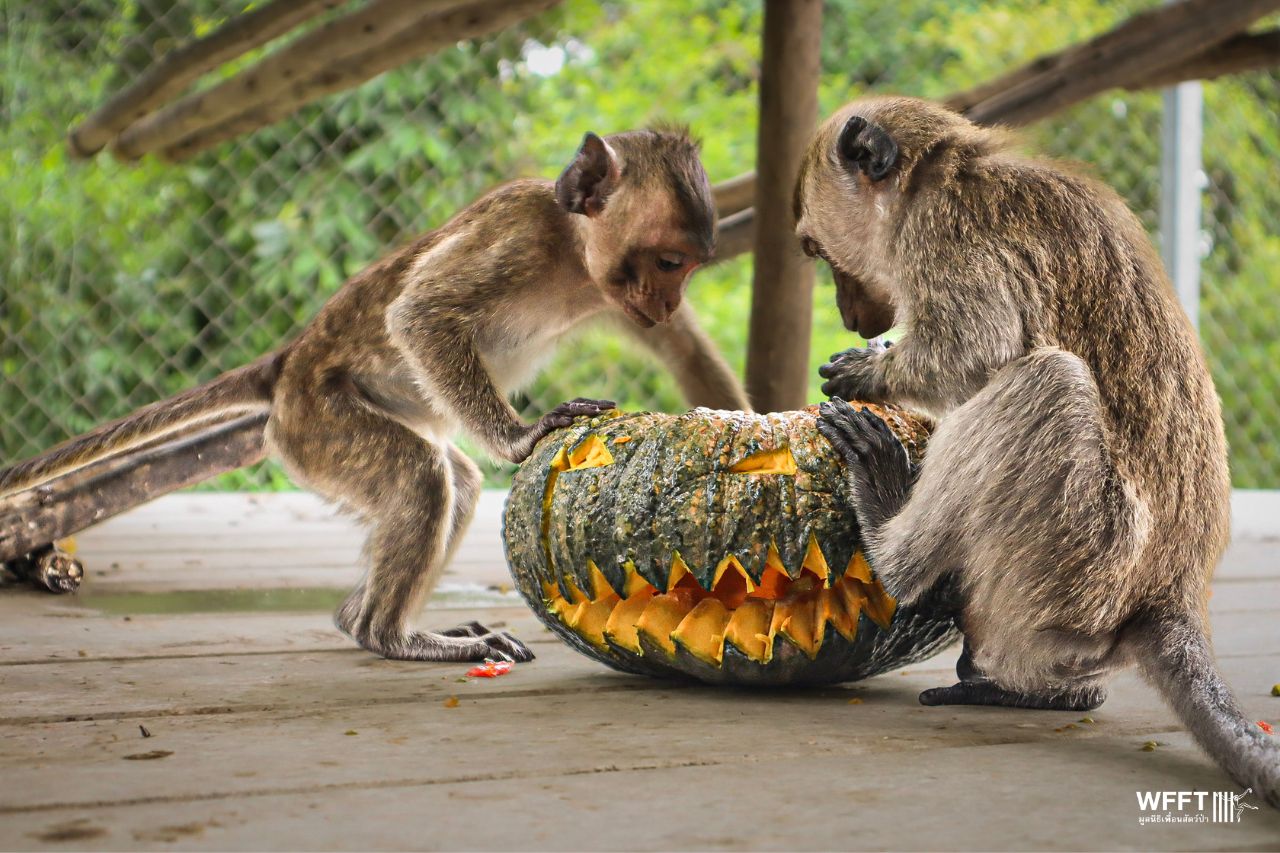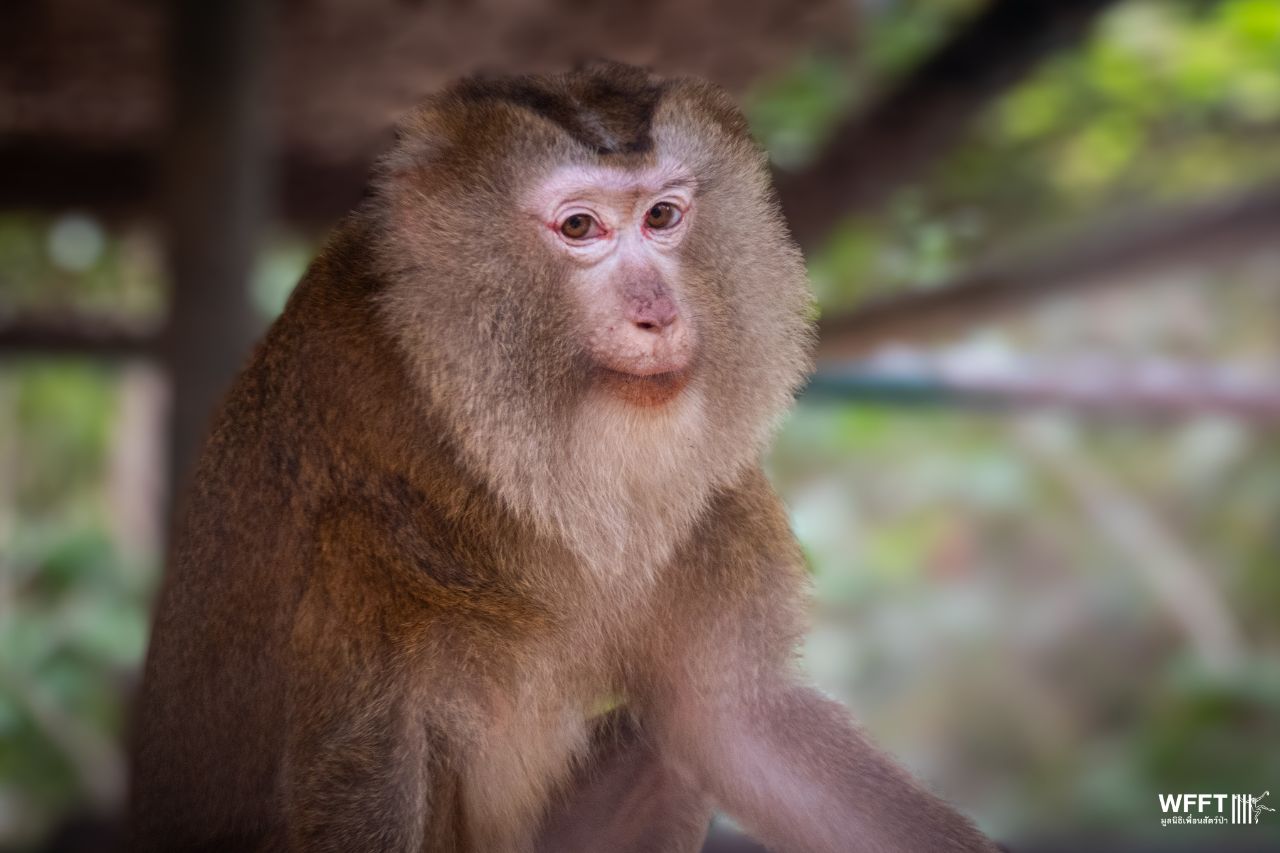Six new rescues. Six victims of the exotic pet trade. Every animal tells the same story: wild animals do not belong in homes.
DNP overloaded with confiscated wildlife, needs funds
Translation from:
MATICHON NEWSPAPER
Jun 1st, 2012
“Elephant – Tiger – Bears – Birds” overflow. DNP overloaded with confiscated wildlife.
The Department of National Parks and Wildlife (DNP) says it is overload with confiscated wildlife as it escalates the cost of food and health care, lacking sufficient room for the animals, according to the deputy director-general of the Department of National Parks and Wildlife (DNP). It is not just ordinary but also large wildlife such as elephants that are now needing care under the DNP, was revealed during a meeting with Dnp officials, veterinarians and concerned agencies. The director-general stated that some of the 27 confiscated elephants under their care needed lots of money to care for as some of them were very sick, but he said they were getting heather now. However he said caring for all confiscated animals was a heavy task for the DNP at this moment, lacking funds and space, with the option to increase the budget for the care.

The Deputy DG further said that currently “they care for 139 Bengal tigers, leopards, black panthers and 30 clouded leopards, furthermore 300 bears, 27 elephants of which probably soon more arriving from confiscation as they have no legal documents. Besides the above mentioned we also care for 1,100 monitor lizards, 3,000 snakes, 2,000 pangolins and about 1,000 birds of all sizes and about 500 monkeys and gibbons.” The DNP says it will need to first care and strengthen the confiscated animals as they are weak on arrival, have been kept in small enclosures without water and food. Once the animals get healthier they are kept as evidence in a court of law, how and where the animals are to be kit is up to the officials only. “Some animals are to be released but most such as tigers can not be released any more and need to be taken care for the rest of their lives as they can’t care for themselves in the wild and will die” said Damrong Pidhet director-general of the DNP, ” the care for snakes as the 2,000 confiscated and the water monitors need to be fed small mice and frogs, and can;t be released to the wild, so officials need to find food such as baby frogs that sell at 80 baht per kilogram. Fortunately the snakes do not eat everyday, Damrong said. “furthermore the care for tigers costs us 8,800 to 12,000 baht a month with bears costing 1,200 baht food per month and birds from 300-500 as the gibbons and tigers take a cost for food over 600 baht. Damrong further said that the care of food and minerals for the elephant sum up to 22,000 baht a month. We care for the animals at 24 wildlife breeding centers and have an animal clinic at our head-office. At the clinic people donate daily animals such as civets, monkeys and more as they can no longer care for them. We need to care for them as they come from poaching, illegal trade, as best as we can.” Damrong kept going on , “we have a small budget, and we might have not enough to care for the animals, it will be a big problem and we will need emergency funding, it is surely a problem in the future.
Remark: On Thai TV the director-general has asked for donations to take care of the animals. One of the TV channels the head of a wildlife breeding center said he needed to sell birds from the center to raise funds to feed other animals. We at WFFT are very happy to help out and care for animals in need of help free of charge, of course.




